Introduction
Yes, dogs can eat collard greens. Collard greens are loaded with health-boosting nutrients and are safe for dogs. They are rich in water and support healthy body weight. Plus, dogs seem to be intrigued by the unusual texture.
Collard greens are safe for dogs as long as they are used in moderation. Do not forget that dogs are carnivores and require a meat-based diet. Therefore, on the canine pyramid, collard greens classify as snacks and can be served on occasions.
Why is Collard Greens Good for Dogs?
Collard greens are good for dogs because they are low in calories yet high in healthy nutrients. The unique texture and crunchiness make them appealing for most dogs. Here is a more detailed look at the reasons collard greens are good for dogs.
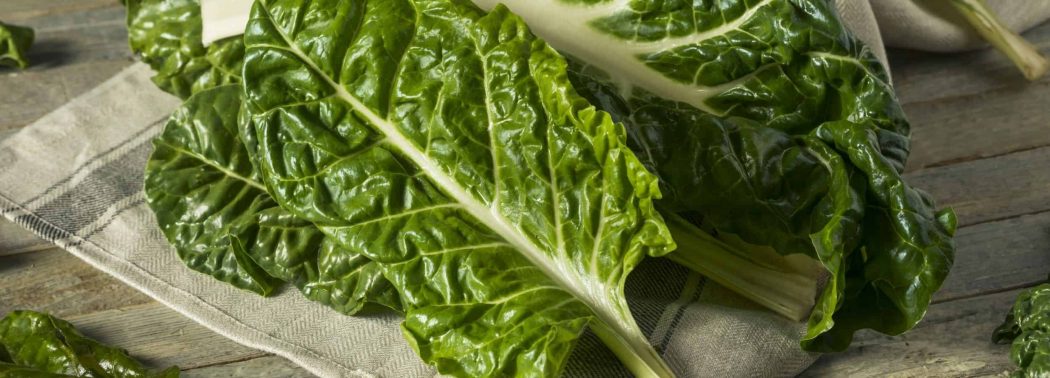
Some Protein
Collard greens contain a certain amount of protein. Dogs thrive on animal-based proteins. However, a plan-based protein can make an excellent addition to the menu.
Rich in Dietary Fiber
Like all green veggies, collard greens contain fair amounts of dietary fiber. Fibers are vital for healthy digestion and keeping the intestines moving. They also help keep the blood sugar and cholesterol levels in a normal range and support cardiovascular health.
Low-Calorie Snack
Collard greens are perfect for dogs on weight-loss regimens. They are low in calories and do not contribute to weight gain. Plus, because of the hard-to-chew texture, they will keep the dog busy for quite some time.
Vitamin K
Collard greens contain vitamin K. Dogs need vitamin K for various reasons. Perhaps the most important role of vitamin K is activating the blood clotting cascade, thus preventing bleeding.
B-Complex Vitamins
Collard greens contain several vitamins of the B-complex. The top two most densely present B vitamins are riboflavin (B2) and folic acid (B9). Riboflavin is essential for strong eyesight and helps the absorption of folic acid. Folic acid supports reproductive health.
Can Collard Greens be Bad for Dogs?
Yes, collard greens can be bad for dogs, especially if overused or served in an adequate manner. Collard greens are snacks and must not be served too often or in large portions.
Plus, certain nutrients found in collard greens can be harmful to dogs. Let’s take a closer look at the reasons collard greens can be bad for dogs.
Stomach Upset
As mentioned, collard greens are high in dietary fiber. While dietary fiber is helpful for various functions, in large quantities, it can trigger serious stomach upsets – vomiting, diarrhea, and tummy pain.
High in calcium oxalates
Collard greens contain calcium oxalates. In small amounts, they are not troublesome, but in excess amounts can cause urinary stones and kidney issues. Therefore, it is not recommended to give collard greens to dogs with pre-existing urinary tract issues.
Pesticide Contamination
Collard greens grown for commercial purposes are heavily treated with pesticides. Pesticides are harmful and, if consumed frequently or in large amounts, will trigger adverse health effects. To reduce the risk of pesticide contamination, it is advisable to buy organic collard greens or to have them thoroughly washed before serving.
Choking Hazard
Because of their uniquely stringy texture, collard greens can pose a choking hazard for dogs. The stem is by far the stringiest part which is why it is usually recommended to have it removed before serving.
How Much Collard Greens Can my Dog Eat?
When it comes to dogs, collard greens are snacks, meaning they should not comprise more than 10% of the dog’s daily food intake. The average and otherwise healthy dog can eat one handful of collard greens.
Larger dogs can obviously consume more, and for a smaller dog, you should stick to half a handful. As for the serving frequency of collard greens, once a week is more than enough.
If your dog has never eaten collard greens before, it is best to start with smaller serving size, and if its stomach agrees with the new food, gradually increase the amount. It is not advisable to give collard greens to young puppies.

How to Prepare and Serve Collard greens for Your Dog?
As always, you need to start by shopping for the right collard greens. Luckily, collard greens are readily available in grocery stores and at the farmer’s market. Make sure the leafy greens are dark green and fresh.
When the leaves turn yellow, they become too bitter. Also, stay clear from canned collard greens as they are too high in salt and preservatives and often contain hidden ingredients. Whenever possible, we recommend buying organic collard greens.
Once you have the fresh collard greens at home, you need to give them a thorough wash (the washing can be less thorough if buying organic). Then, you should remove the stem. The stem is edible, but it is stringy and high in fiber which may pose an issue for some dogs.
With the stem removed, you can either chop the collard greens and serve them or, ideally, cook them. You can boil or steam the collard greens plain. Cooking makes them more easily digestible.
You can mix the collard greens with your dog’s regular food or with homemade meals containing rice and chicken. You can also add them to a veggie smoothie or process them into a puree.
Summary
Collard greens are a staple in southern cuisines and are a highly praised leafy green. Luckily, they are safe for dogs when used responsibly – in small amounts and on special occasions.
Collard greens make an excellent addition to otherwise complete and nutritionally balanced diets. They can be served raw and cooked (preferably) and can be mixed with homemade and commercial dog foods.
Sources
- Vitamin B2 for Pet Health, Shawn Messonnier, DVM, 2020
- Vitamin K in Dogs, Kim Rain, 2021
- Calcium Oxalate Bladder Stones in Dogs, Tammy Hunter, DVM; Ernest Ward, DVM, 2021
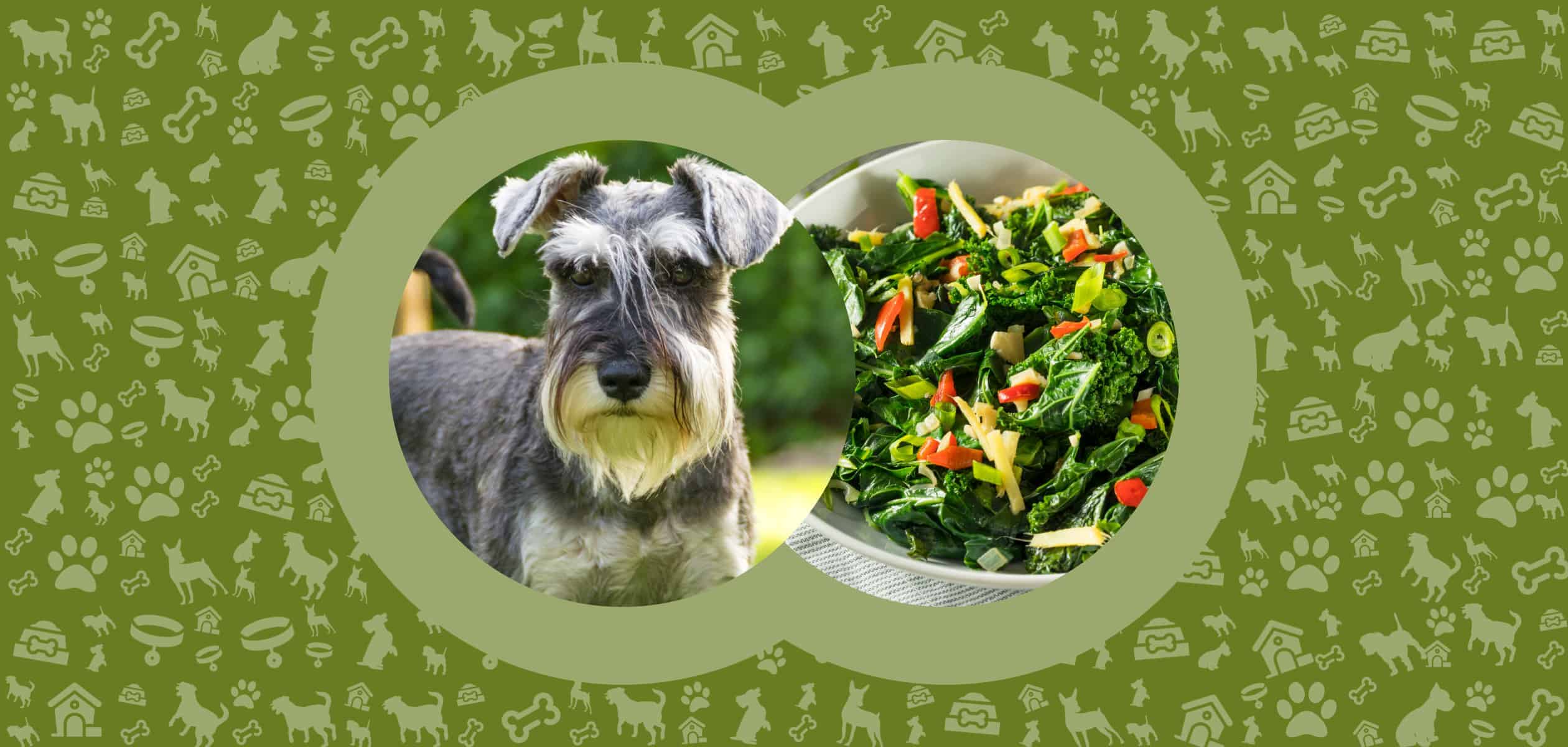
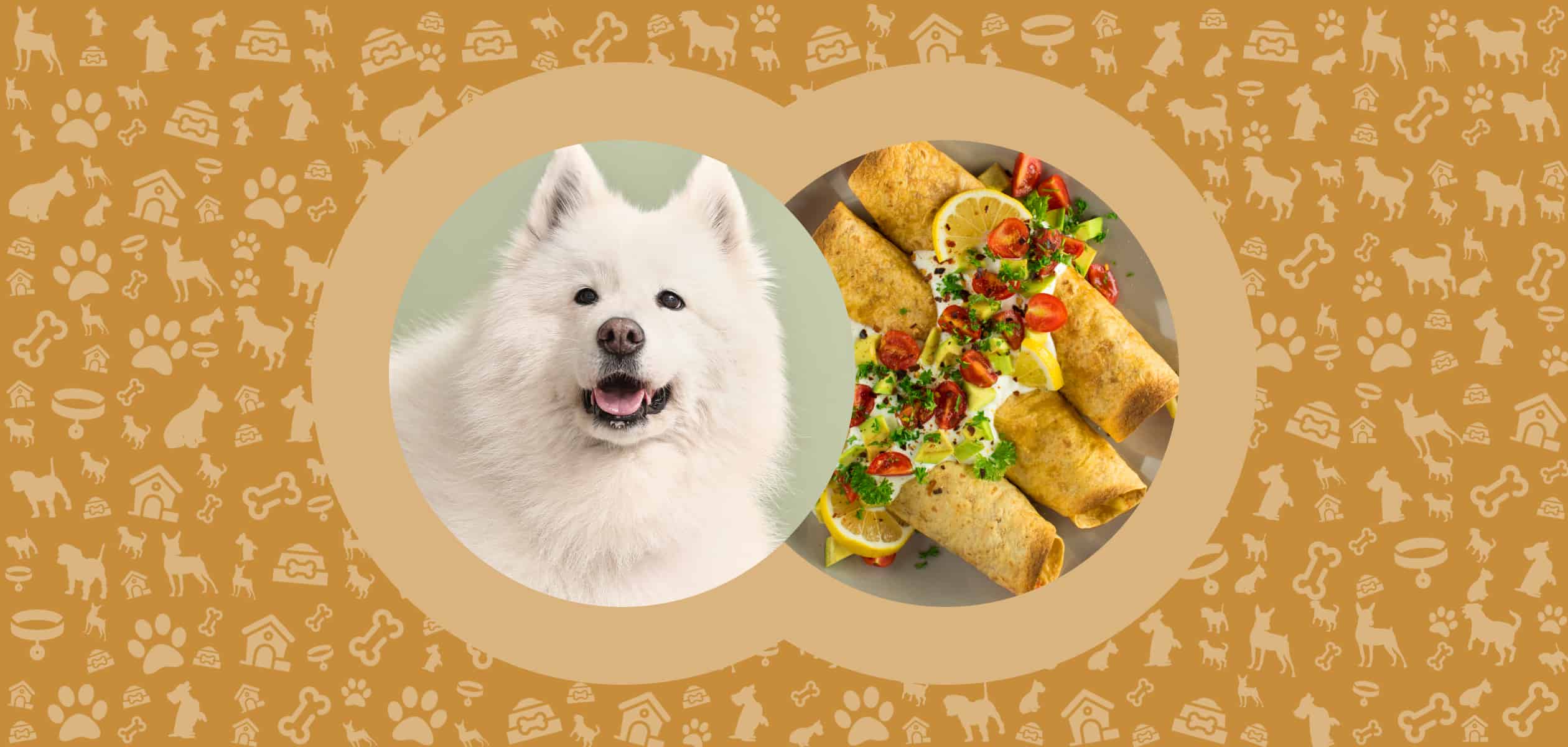

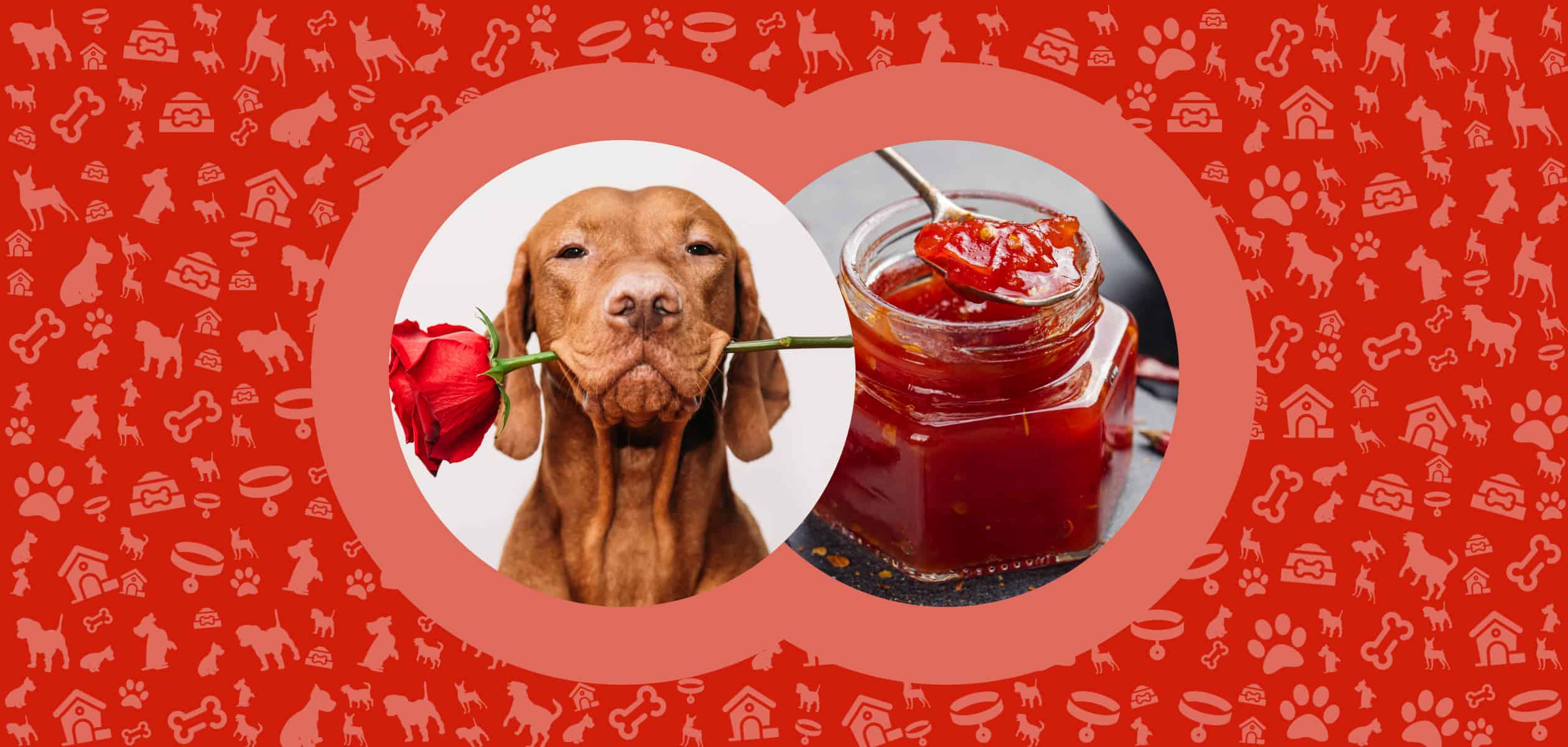
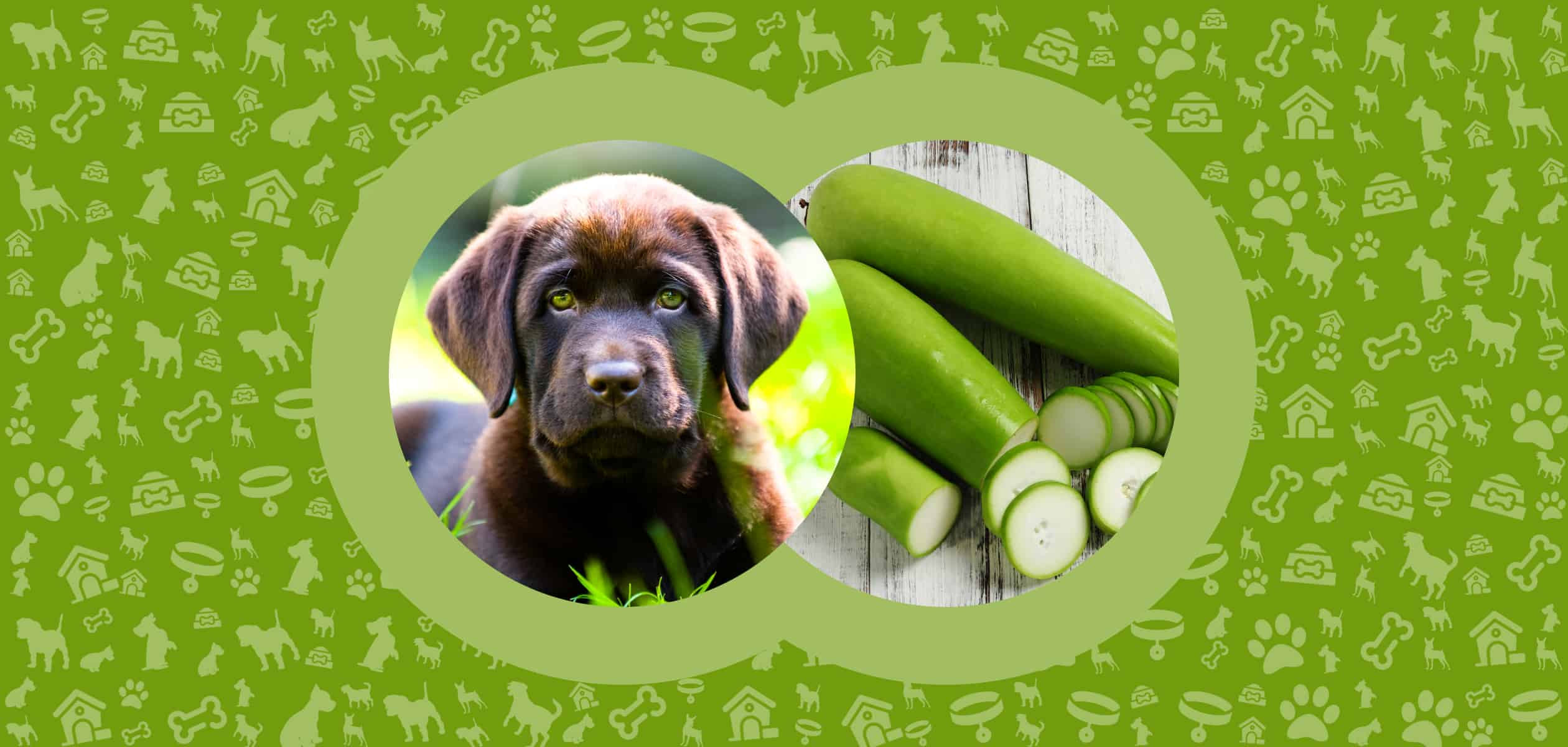
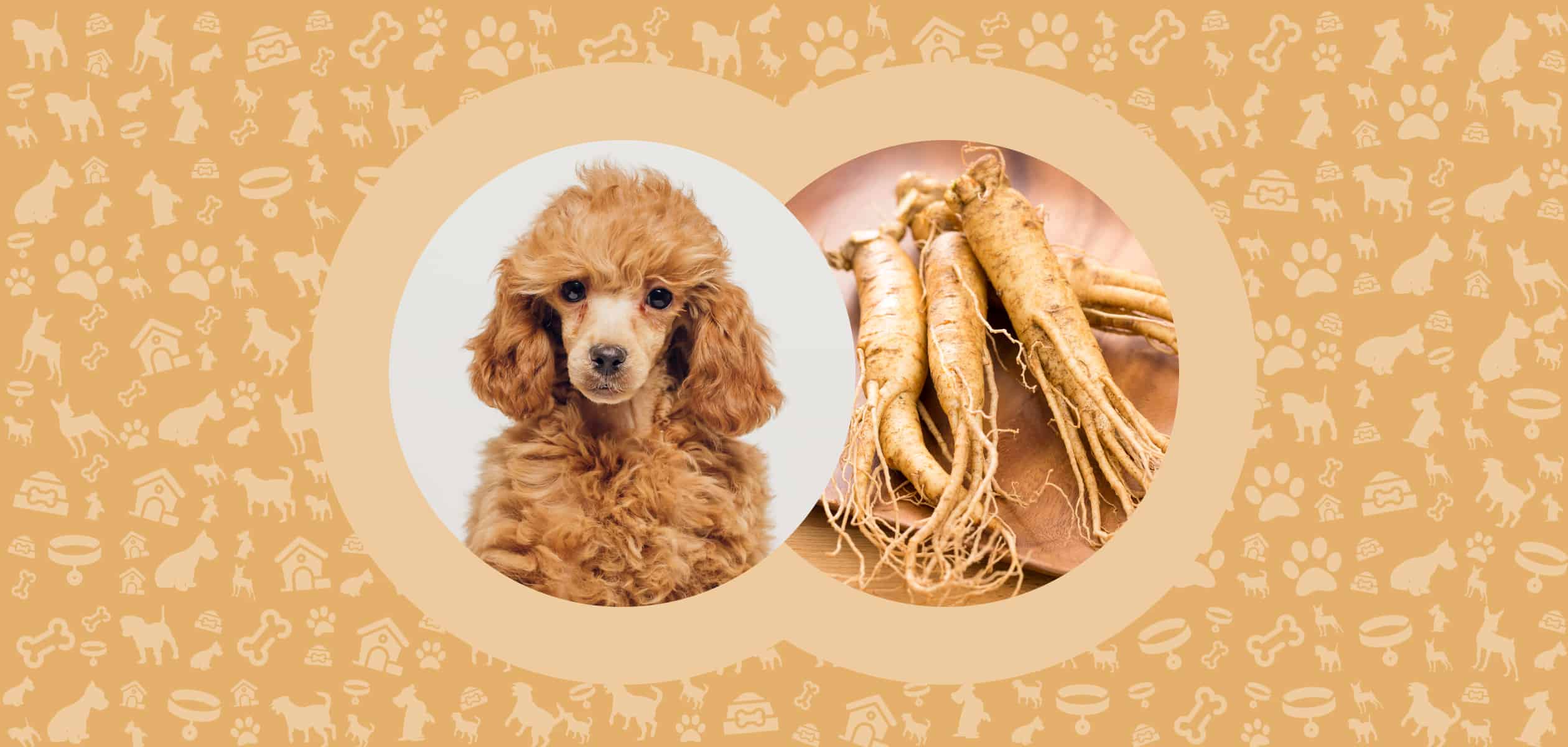
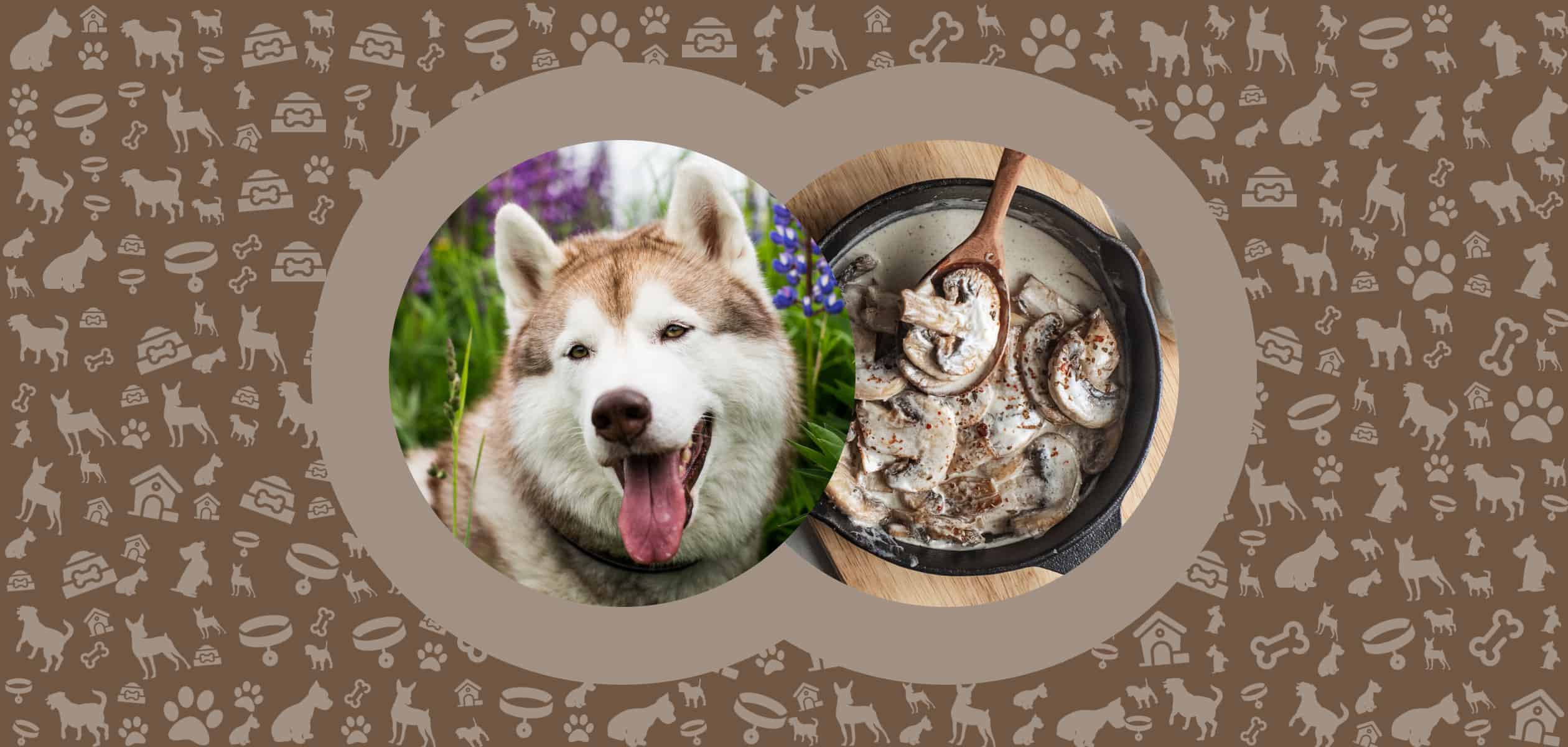
Leave a Comment